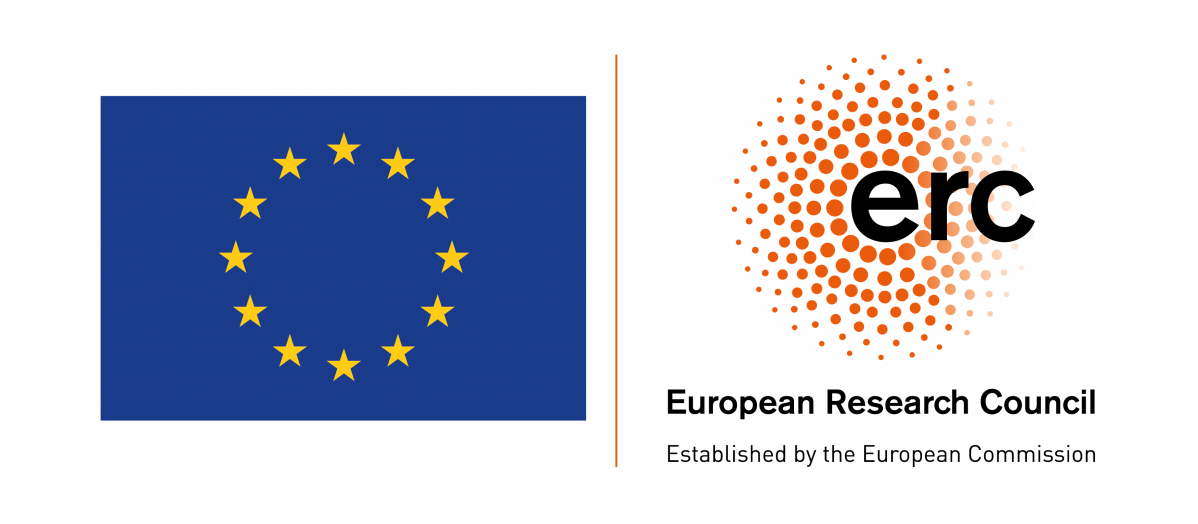Anotace
Starting from 19 February, the seminar takes place every Tuesday (14:10-15:30) in the plenary room (“zasedačka”) of the Institute of Philosophy.
This is a reading seminar for students and philosophers with a deeper interest in the foundations of Husserl’s phenomenology. We will focus on the texts from the early phase of Husserl’s thinking and follow them in view of Husserl’s development of the Brentanian concept of symbolic intentionality and evidence. We will further address Husserl’s theory of symbolic consciousness as non-intuitive consciousness and his “discovery” of categorial intuition in the Logical Investigations. The goal of the reading circle is to gain a better understanding of the philosophical problems which Husserl tried to solve by introducing the notions of symbolic intentionality and categorial intuition, and to see how these concepts relate to the notion of symbolic intentionality and evident judgment proposed by his teacher, Franz Brentano.
The course consists in joint reading and interpretation of the original German texts, the English translations will be available as well. The text will be interpreted and discussed in English. Some rudimentary knowledge of German is preferable.
Literature which will be red and dicussed:
Brentano
Selected paragraphs from Brentano’s lectures on logic and descriptive psychology (the choice will be specified during the semester).
Husserl
Selected sections from chapters XI (Die symbolischen Vielheitsvorstellungen) and XII (Die symbolischen Zahlvorstellungen) of Husserl’s Philosophie der Aritmetik.
Selected passages from the following texts: Zur Logik der Zeichen (Semiotik), Psychologische Studien zur Elementaren Logik, Besprechung: Schröder, Ernst, "Vorlesungen über die Algebra der Logik. (Exakte Logik). I Band., Intentionale Gegenstände. Husserliana, volume 22.
Logische Untersuchungen – selected paragraphs from the first, fifth and sixth Logical Investigation.
Draft of Husserl’s letter to Marty (1901) and selected passages on categorial intuition from Allgemeine Erkenntnistheorie. Vorlesung 1902/03. Husserliana-Materialen, volume 3.





